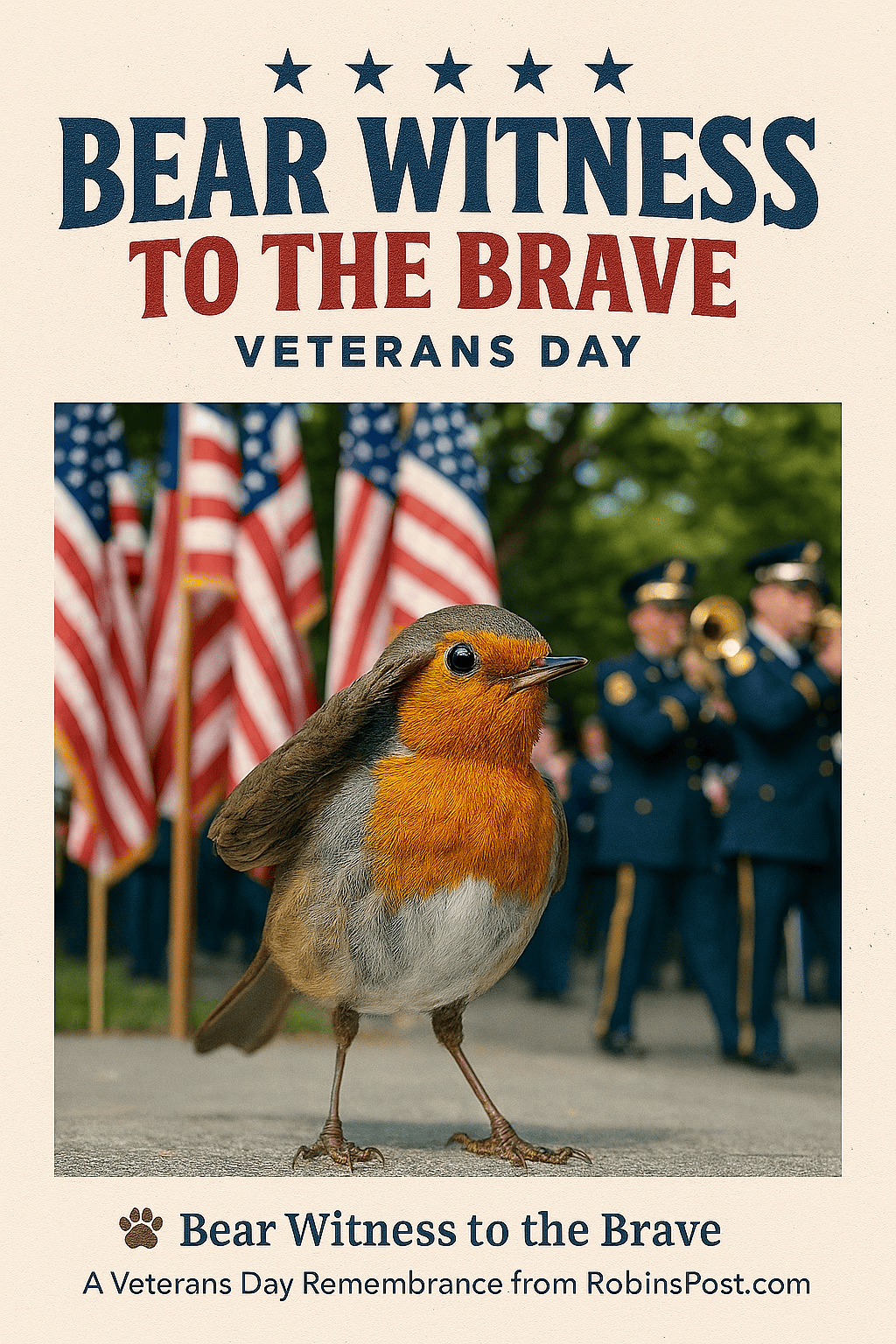
Taking up a hobby is one of the most rewarding ways to invest in yourself. Whether it’s learning to play an instrument, paint, cook, or garden, hobbies bring joy, relieve stress, and foster creativity. However, like mastering any skill, hobbies require time, patience, and determination. Thankfully, by adopting these practical tips, you can master any hobby and enjoy the learning journey!
Set Clear Goals
Define what you want to achieve with your hobby. Without clear objectives, it’s easy to lose focus or become discouraged. Set both short-term and long-term goals so that you have milestones to celebrate along the way.
For instance, if you’re learning to play guitar, your first goal could be mastering a simple chord progression, while a long-term goal might be performing a song for friends. Write these goals down and revisit them regularly. They’ll serve as a roadmap and keep you motivated when progress feels slow.
Practice, Practice, Practice
The key to mastering any hobby lies in regular practice. Dedicate time each day or several times a week to work on your skills. Short, focused practice sessions are often more effective than sporadic, lengthy ones, as they help you retain what you’ve learned and build muscle memory.
For example, if you want to get the perfect cornhole bag toss, practice is a must. Treat this time as an essential appointment with yourself, and avoid distractions that could pull you away. Track your progress to stay motivated and identify areas that need more attention. Over time, consistent practice compounds into noticeable results and a deeper understanding of your hobby.
Break Down Challenges Into Steps
Big tasks can seem overwhelming, especially when you’re starting something new. Instead of tackling everything at once, break down your hobby into smaller, manageable steps. Focus on mastering one element at a time, whether it’s a single stitch in knitting or a specific drill in sports. Approaching your hobby in smaller increments makes learning more engaging and less intimidating. It also allows you to build a solid foundation before moving on to advanced techniques.
Stay Curious and Experiment
The most fulfilling hobbies thrive on curiosity and a willingness to explore. Try new techniques, styles, or variations within your chosen field. If you’re into painting, experiment with different mediums or color palettes. For musicians, playing with unusual arrangements or genres can keep things fresh. Staying curious not only prevents boredom but also enhances your overall understanding of your hobby. Encourage yourself to think outside the box and approach challenges with innovation. This mindset ensures your learning remains dynamic and enjoyable.
These practical tips will help you master any hobby and navigate the learning process with dedication, patience, and enthusiasm. Keep your approach fresh by experimenting and celebrating your progress along the way. Remember, though, that it’s not just about becoming an expert—it’s about finding joy in every step of the learning adventure.
Bio: Casey is a passionate copyeditor highly motivated to provide compelling SEO content in the digital marketing space. Her expertise includes a vast range of industries from highly technical, consumer, and lifestyle-based, with an emphasis on attention to detail and readability.

























